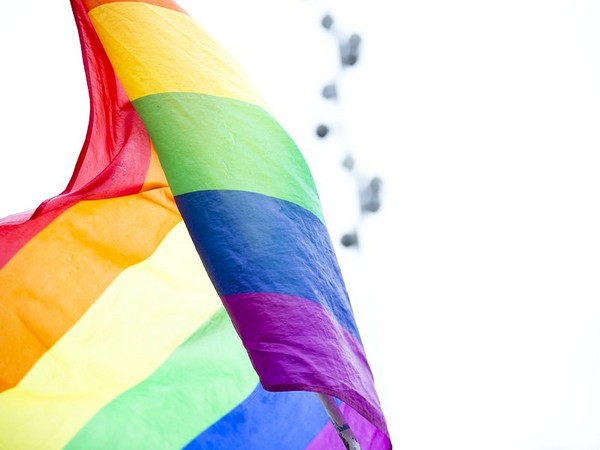
Osaka [Japan], June 21 (ANI): An Osaka court on Monday dismissed a lawsuit, which argued that the government’s ban on same-sex marriages was unconstitutional. The court ruling, stating that the country’s ban on same-sex marriage is not unconstitutional, makes Japan the only G7 nation that does not recognize homosexual marital unions. Three same-sex couples – two male, one female – filed a lawsuit in the Osaka District Court seeking 1 million yen (USD 7,400) per person as compensation, claiming that the present system barring them from marrying is “unjust discrimination”, reported local media.
The judgement dismissing the lawsuit delivered a major setback to recent efforts aimed at increasing the acceptance of sexual minorities. Dissatisfied with the verdict, the plaintiffs have decided to appeal to higher courts. Monday’s ruling contradicts the judgement made by the Sapporo court in 2021 ruling that barring same-sex marriages is, indeed, unconstitutional because it violates the right to equality, reported NHK Broadcasting Corporation.
Presiding judge Doi Fumi stipulated in her judgement that Article 24 of the Constitution states that marriage must be based on the mutual agreement of both sexes and since it does not mention same-sex marriage, barring it is not unconstitutional. Referring to Article 14 of the Constitution states that all persons are equal under the law, she described the marriage between heterosexual partners as a means of allowing society to protect couples that reproduce and raise children.
The judge also said how society is to protect same-sex couples wishing to marry is a matter of debate on which a conclusion has yet to be reached. She added that at the same time, one should not interpret the Constitution as prohibiting same-sex marriage or similar frameworks. The interpretation should be made in a democratic fashion, taking into account Japan’s traditions, public sentiment and issues faced by married couples and families.
The plaintiffs’ lawyer, Miwa Akiyoshi, criticized the verdict, claiming that the court failed to make a compelling case for why same-sex couples should not be allowed to marry, and he will be joining the plaintiffs and their supporters in fighting the case, the NHK report further stated. Many regional governments issue certificates to recognize homosexual and bisexual partnerships, but those are not legally binding.
Currently, only heterosexual couples can avail the privileges resulting from marriage, like inheritance rights, tax benefits, and joint custody of children. Over the years, marriage equality is increasingly legalizing, especially in Europe, and Netherlands was the first to do so in 2001.
Around 30 countries including Brazil and Sweden recognize same-sex marriage. Taiwan is the first Asian country to legalise same-sex marriage in 2019, reported Kyodo News citing EMA Japan, a non-profit organization advocating sexual minority rights. However, there still exist countries, especially in the Middle East, where discrimination against the LGBTQ community is deeply rooted and identifying as a queer or engaging in same-sex unions is a legal offence warranting death. (ANI)


















